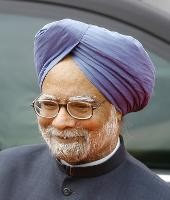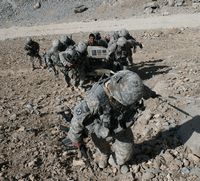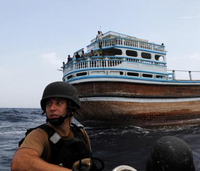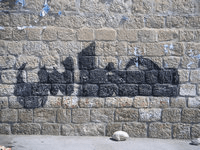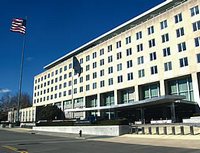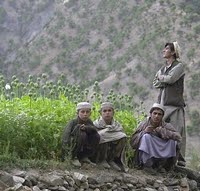
BAGRAM, Afghanistan — In March, ordnance exploded on a home in Kapisa province, in northeast Afghanistan. One child died. Another, 6-year-old Razia, was badly burned. When Aziz, her father, took her in his arms, Razia’s scalp came away in his hands. In early interviews, Aziz blamed the explosion on the U.S.-led coalition. U.S. Air Force officers said the ordnance might have been white phosphorous, a specialized incendiary that the Taliban is unlikely to possess. Later, Aziz claimed the Taliban had, in fact, fired rockets on his home. Regardless of who actually caused Razia’s injuries, it was the Americans that evacuated […]


